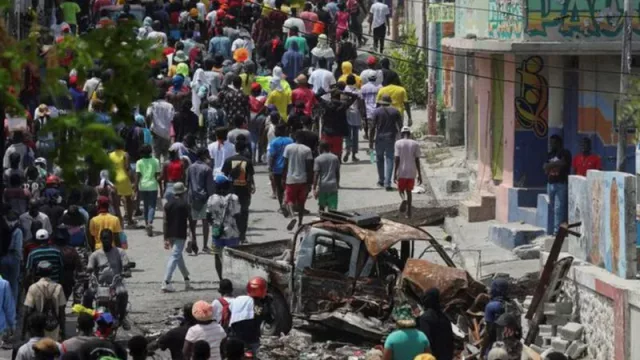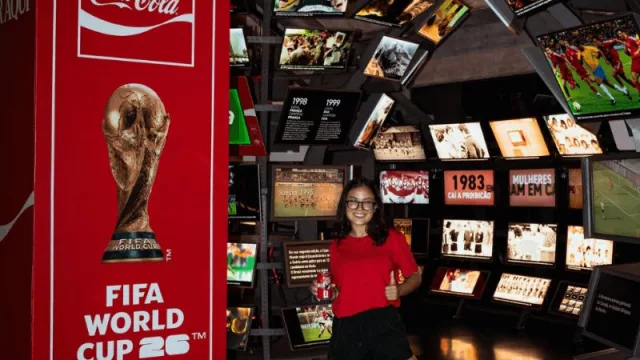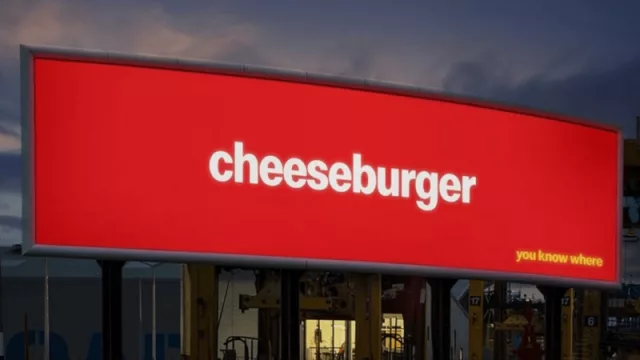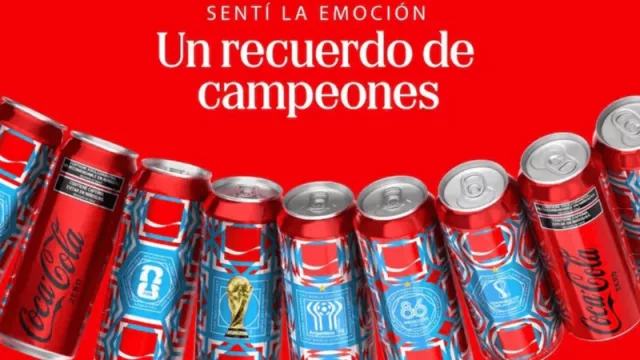Denying the unviable systems, state corruption, a growingly evident common practice throughout the Americas.
In this special report, we will examine the causes of this situation, including the role of the US embargo, as well as the political and economic implications facing the country.
Protests and Social Precarity
In recent years, Cuba has experienced a series of economic and social difficulties that have exacerbated tensions in society. Persistent food shortages, frequent power outages, and the lack of basic supplies such as medications have generated widespread discontent among the population.
The protests on March 17 in cities like Bayamo, Cárdenas, and Santiago de Cuba are a reflection of this growing dissatisfaction. While the protests have mostly been peaceful, they have highlighted the frustration and discontent of Cubans with the difficult situation they face in their daily lives. The lack of effective responses from local authorities and the persistence of basic problems have led to an increase in distrust towards the government and its policies.
The Excuse of the Role of the US Embargo
One of the main causes that the Cuban government points to and blames behind the current crisis is the embargo imposed by the United States. The problem is that Cubans are beginning to realize "massively" the obvious... the system has always been the same, but nothing can withstand it anymore. That's the real difference. Buildings are falling apart, and so is society. The time spent denying reality is already too much. Too much.
Energy and Food Crisis
The energy and food crisis facing Cuba is another crucial factor that has contributed to the current situation of social unrest. Frequent power outages, fuel shortages, and problems in food distribution have created an atmosphere of uncertainty and despair among the population.
Cuba's dependence on oil imports, combined with reduced purchases due to a lack of foreign exchange, has led to a critical situation in energy supply. The commissioning of the Antonio Guiteras thermoelectric plant and the arrival of fuel ships are measures that could alleviate the situation, but they do not solve the country's structural problems. As for food distribution, while there is a variety of goods in state and private markets, access to them is restrictive for those with low incomes, further exacerbating social and economic inequality.
Political and Economic Repercussions
The current crisis not only has social implications but also significant political and economic ones. The protests have tested the Cuban government's ability to manage the population's demands and maintain internal stability. Additionally, they have increased tensions with the United States and called into question the effectiveness of government policies.
From an economic perspective, the crisis has exacerbated the challenges facing Cuba in revitalizing its economy and attracting foreign investment. Lack of access to financing and political uncertainty have hindered the development of key projects in sectors such as tourism and renewable energy.
The current situation in Cuba is complex and multifaceted, with a series of factors contributing to its deterioration. While the US embargo and the economic crisis are key elements, it is also important to recognize the internal challenges facing the country, including corruption and bureaucratic inefficiency.
To overcome this crisis, a comprehensive approach is needed that addresses both the structural causes and the immediate concerns of the population. This will require not only economic and political measures but also open and constructive dialogue among all parties involved, both inside and outside of Cuba.
Clearly, Cuba needs a total change, long overdue. The important thing is that it happens now.












Tu opinión enriquece este artículo: